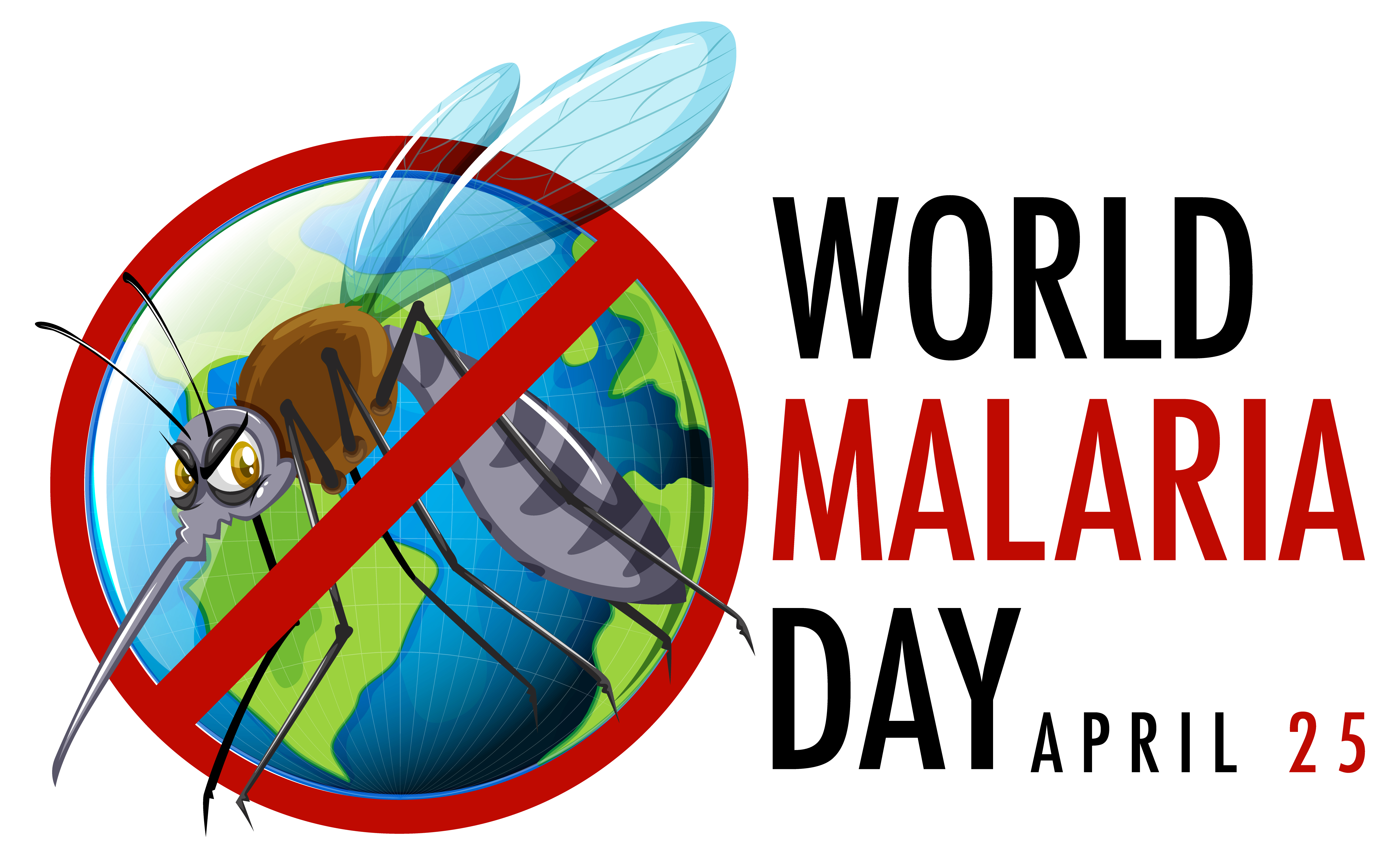
Malaria Ends with Us: Reinvest, Reimagine, Reignite
The World Malaria Day is an annual observance held on April 25 yearly to raise awareness of the global effort to control and ultimately eradicate malaria. World Malaria Day, which was first held in 2008, developed from Africa Malaria Day, an event that had been observed since 2001 by African governments. The observance served as a time to assess progress toward goals aimed at controlling malaria and reducing its mortality in African countries. In 2007, at the 60th session of the World Health Assembly (a meeting sponsored by the World Health Organization [WHO]), it was proposed that Africa Malaria Day be changed to World Malaria Day to recognize the existence of malaria in countries worldwide and to bring greater awareness to the global fight against the disease.
Historically, in the 1960s, due to concerted global efforts at malaria eradication, malaria was retreating by being systematically rolled back, until this global effort was abandoned in 1969, which has resulted in the loss of millions of lives since that time. It took 30 years for the world to fight back against the deadly disease. Let’s not let history repeat itself. Malaria exists in more than 100 countries worldwide, and each year, about 900,000 people die from the disease. Malaria is however preventable with the use of medicines and other preventive measures, such as insecticide-treated bed nets and indoor insecticide spraying.
Malaria is eradicable; however its eradication can be achieved only if global efforts are harnessed and properly channeled towards the singular goal of achieving its eradication. The global community recommitted to rolling back malaria in the late 1990s, which resulted in an estimated 2.2 billion cases and 12.7 million deaths being prevented over more than two decades. But after years of steady declines, progress has stalled, putting the progress and decades of hard-won gains in jeopardy. Currently, malaria claims an estimated 1 life every minute, with most deaths occurring in the WHO African Region.
As the fight against this scourge continues well into the twenty-first century, new themes have to be enunciated to drive the current global malaria elimination agenda. To this end, the theme for this year’s World Malaria Day commemoration is Malaria Ends With Us: Reinvest, Reimagine, Reignite.
This year’s agenda is intended to be a grassroots campaign with the call for action to re-energize efforts at all levels, from global policy to community action, to accelerate progress towards malaria elimination.
Malaria control efforts in many endemic countries are being disrupted by extreme weather events due to climate change, conflict, humanitarian emergencies, and economic stresses, leaving tens of millions of people with limited access to the services needed to prevent, detect and treat the disease. Considering the fact that without prompt treatment especially in children, malaria can rapidly escalate to severe illness and death, there is urgent need to sustain the fight to eliminate malaria.
It is therefore time for the global community to recommit to ending malaria. There exist adequate knowledge about the epidemiology of malaria and the availability of life-saving tools, targeted
preventive interventions, testing and treatment methods to defeat this disease. There is therefore need to reinvest in proven interventions through targeted and equitable resource allocations guided by accountability. The reimagining of current workable strategies would involve the implementation of Innovative strategies and tools that are needed to accelerate progress towards ending malaria to overcome existent obstacles. The re-ignition or reinvigoration of the collective efforts of countries and communities is therefore crucial to accelerate progress towards ending the malaria scourge.
There is an urgent call at this point in time to re-energize efforts at all levels, from global policy to community action, to accelerate progress towards malaria elimination, more so, given that the knowledge of how to end malaria exists. What is required therefore is the political will to commit the needed resources to ending malaria. Ultimately, the onus is on the global community to act now and sustain the actions relentlessly or risk losing ground and allowing the resurgence of more potent vectors and drug-resistant parasites that would require greater investments to deal with. . Therefore ending malaria is not just a health imperative; it is an investment in a more equitable, safer and prosperous future for every nation.
We at Medela-Nigeria, joins the global community to highlight the need for the global community including the Roll Back Malaria Partners, The Global Fund For HIV, TB and Malaria, Other Donor Organizations and Foundations to rally to the fight to eliminate malaria as a public health concern thereby eliminating this leading cause of preventable illness and death in the world in Nigeria and the world at large.
Share This News